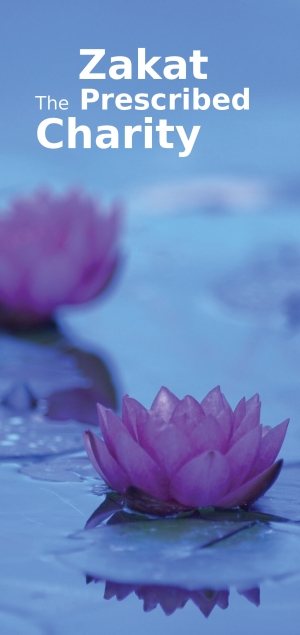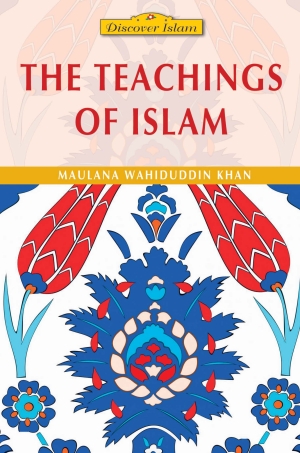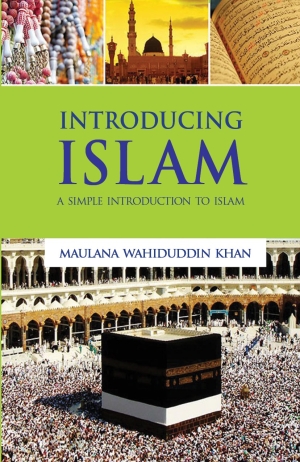According to the teachings of Islam, the giving of sadaqah serves a number of functions. Sadaqah, first and foremost acts as expiation for sins. Believers are asked to give sadaqah immediately following any transgression. Voluntary alms-giving can also compensate for any shortcoming in the past payment of Zakat. Sadaqah is recommended ‘by night and by day, in secret and in public’ in order to seek God’s pleasure (2:274). The constant giving of a little is said to please God more than the occasional giving of much. Sadaqah is also a means of moral edification. It purifies the soul of the evil of avarice, and is a reflection of the generosity of God the All-Giving.
Inspired by the verses of the Quran and the teachings and practices of the Prophet and his Companions, the giving of sadaqah to individuals or institutions remains a widespread practice among Muslims. The Prophet, the most generous of men, used to make personal donations.
There is another principle in Islam known as sadaqa-e-jaria, i.e., the perpetuation of a charitable deed. The benefits of this kind of charity are long-lasting. Such acts, far from incurring God’s displeasure, will bring the donor divine rewards.










